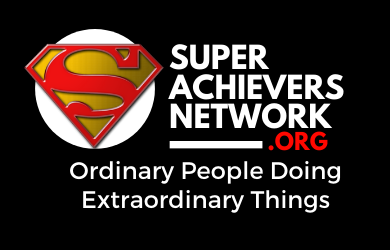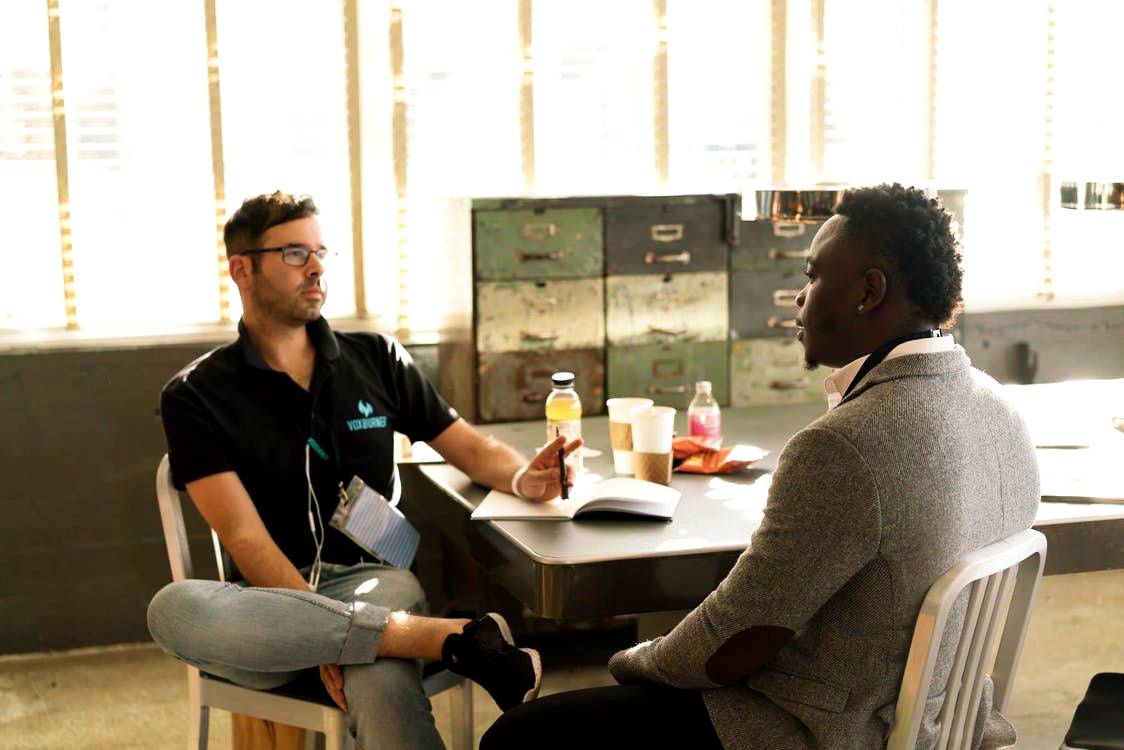What's In It For Me?
Sadly, for most people, listening exists long enough to formulate a quick, automatic reply of 140 characters or less. Others listen but don't really hear a word that was said.
Deep listening is much different. It has power. Deep listening can heal the heart of another and completely validate their existence.
Deep listening can not only help the communicator, it has some valuable benefit to the listener.
Below is what can happen when you learn to really listen. Deep listening:
- Not only enriches your understanding of a topic, but also expands your capacity to empathize with another.
- Increases your ability to have a bigger influence by helping you improve your communication skills.
- Provides you the ability to find deeper levels of understanding about someone’s situation
- Helps you learn what words are best to use and which words to avoid to foster deeper understanding and connection
Here are 7 Tips To Getting Started

1.
Place Yourself In The Other Person's Shoes
It has been said that, "Every man is right in his own eyes". In other words, our mind can convince us that we know more that the person we are talking to, therefore, we only hear what reconfirms our own thinking.
Therefore, we listen, but our minds are busy justifying our own thoughts and opinions. It appears that we're listening but, we are not really listening at all.
The first challenge to deep listening is to block your inward thinking. Allow your thoughts to reach outward by putting yourself in someone else's shoes.
Get another perspective by imagining what it would be like if you were in their situation. Look at it from their eyes, the way they see things. How would it feel? What would you do?
One of the benefits of being a good listener is that it helps you deepen your connections and become better friends.
It's Much Better To Listen
You know the saying, "You have two ears and one mouth for a reason". That's why it's more beneficial to listen than to talk.
As you do more listening to people, try these things:
- Engage in the conversation and make eye contact so they know that you care about what they are saying (even if you don't care, it is still polite).
- Make sure you really are listening and not doing something else, like playing with your cell phone.
- Take the time to listen and to look at the situation from the other person's perspective.
- Don't immediately start judging the person who is speaking, or coming up with what you think is the right "solution".

2.
Avoid Comparing The Person's Experiences To Your Own
An easy trap to fall into is comparing someone else's experiences to yours. On the surface it would seem that comparing your experience would create some comradery, but in fact, it does the opposite.
Truth is, no one can really experience the same thing in the same way. So, when you redirect the conversation back to yourself, it can come off as a little insensitive and even offensive. Especially if your situation is a lot less-intensive.
Avoid saying "I" or "me" a lot. This is a good indicator that you're focusing more on yourself than on the other person's situation.
If you know a person well and have shared some similar experiences, and they ask for your advice, you can give it. But remember each person experiences things differently.

3.
Don't Try To Help Immediately
In a society where problems are solved by watching a 20 minute YouTube video, quick solutions are what most people want.
For deep listening, finding the quick solution is the wrong direction to take.
When you mind is racing to come up with the quick solution, how can you convince someone that you are actually listening to what they are saying?
Sometimes people don't want a solution, they want to be heard. They want you to take them at face value and appreciate what they have to say.
Focus on taking in everything a person says to let them know they've been heard.

4.
Sympathize
How do you show sympathy without being patronizing?
During the conversation you can do the following:
- Show them that you care by nodding at appropriate times so they know that you are listening.
- Say little things such as "Yeah" when the person is talking about something that they want you to agree on (you can tell by their tone of voice) or "Wow" when the person talks about something surprising or unbelievable. Saying these words shows them that you are not only listening, but also, paying attention.
Say these words softly so that you don't come off as overbearing and interrupting, and put them in at the appropriate time.
Try to be sensitive and comforting without pitying the person. Most people do not want to be pitied.

5.
Remember What You've Been Told
Another extremely important part of being a deep listener is to actually absorb and remember the information the person has told you.
Practice picking up things about the conversation like remembering any names, important events, any other important details. When you mention them, it sounds like you're really listening.
If your memory is not like an elephant, don't worry. You don't have to remember everything. Just pick up a few key points. You don't want to ask the same questions over and over again. That's a dead giveaway that you were not paying attention.

6.
Follow Up
If you really want to show that you care, follow up on the conversation to show that you really care, and are there if more support is needed.
Shoot them a text or wait until the next time you see them, pull them aside, and ask the person about the situation.
If it's something serious like an impending divorce, or even a health complication, then it is very nice to show that you care by checking in, even when you're not being asked.
If they don't want to follow up, accept their decision, but tell them you're always there to support them. That gesture, alone, can sometimes let a person know that you care enough to respect their decisions.

7.
Know What Not To Do
When a person trusts you enough to have a meaningful conversation, you must guard that trust. You want to show that you respect them, and the important things they want to share with you.
To be the best listener, here are some things "Not" to do:
- Don't interrupt in the middle of a point.
- Don't interrogate the person. Instead, gently ask questions when it's needed (i.e. between gaps or lulls when the person is not talking).
- Don't try to change the subject, even if it's a little uncomfortable.
- Avoid saying, "It's not the end of the world" or "You'll feel better in the morning." This just minimizes the person's problems and makes him or her feel bad.
- Make eye contact with the person so that they realize that you are interested and are listening attentively.
- Don't play on your phone, or even take phone calls during a conversation. Put your phone on silent mode.
- Don't give your opinion or a solution. Just listen.
Coming Next Week - Part 2
What To Say To Make A Difference
These tips will help you get on the road to becoming a deep listener, and next week well will continue the conversation to include what to say when it is time to do the talking.
It will cover topics like when to talk and when to be silent, what words are the most helpful to use, and how to ask the right question.
Thank you for reading.
See you next week.
Question
Have you had a chance to listen to someone who's different from you, and learned something that surprised you?
Watch This Video For More Inspiration

Sign Up For Our Mailing List
Thank You

"Thanks for reading.
Hope it helps you in some way.
Please post a comment below, and let me know what you think.
Share it with the Super Achievers you know, and join our mailing list for more helpful tips.
The information you share with someone could be the difference between success and failure in their life.
And remember,
"Make something great happen today."



Well you put me in my place…..I violate several points when we are talking, all the time. Statement of face. You are a good .listener.
New idea.: How to deal with a person who is “squirreling”…..tale too fast, doesn’t answer, interjects inappropriately, doesn’t follow up on a point you make, etc etc.
Thanks for the post on what I call active listening. It is/you are right on, and I look forward to the next intallment.